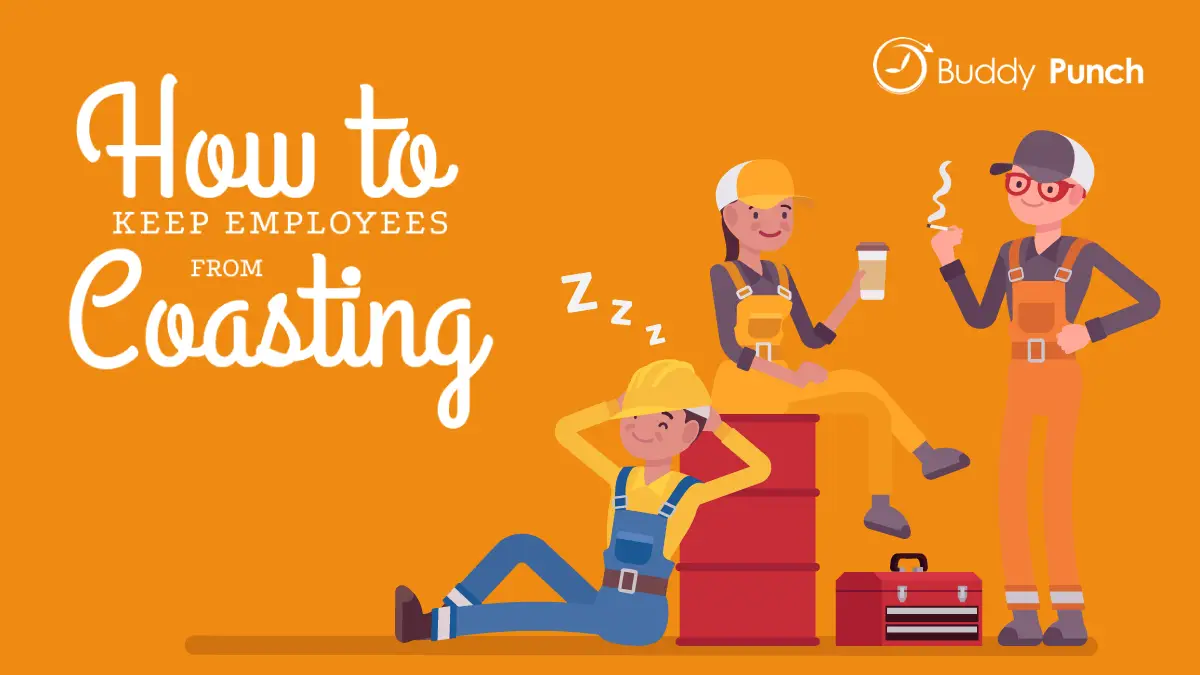Fantastic Info About What Does It Mean To Be Coasting

101 Lab Coastline Intro And Emergent Coastal Landforms YouTube
What's This "Coasting" Thing, Anyway?
1. Understanding the Basics
Ever feel like you're just... gliding through life? Not exactly struggling, not exactly excelling, but somewhere comfortably in the middle? That might be coasting. The term "coasting," in this context, usually refers to a situation where someone is putting in the minimum amount of effort required to maintain their current position, whether it's at work, in a relationship, or with a personal goal. Think of it like a car rolling downhill — it's moving, but it doesn't need the engine working hard to keep going.
Essentially, coasting is about maintenance, not advancement. It's about keeping things stable without pushing for growth or significant change. The part of speech here is important, especially for what we are exploring. "Coasting" can be a verb (the act of coasting), but for our keyword, it is a noun because we are talking about the state or condition of coasting. It's the label we're giving to this particular way of existing or operating.
Now, before you start feeling judged, let's be clear: coasting isn't inherently bad. Sometimes, it's exactly what you need. Life throws curveballs, and sometimes you just need to take a break and regroup. Coasting can be a temporary strategy to conserve energy, reduce stress, or simply enjoy a period of relative calm. It is a tool, like any other, and needs to be utilized accordingly.
However, consistently relying on coasting can also have its drawbacks. If you're always putting in the minimum effort, you might miss out on opportunities for growth, learning, and personal fulfillment. It's like perpetually ordering the same dish at a restaurant — safe and familiar, but you might never discover your new favorite meal.

What Is Coasting At Work? How To Spot It And Stop
Coasting at Work
2. The Workplace Scenario
Ah, the dreaded workplace coast. We've all seen it, maybe even experienced it ourselves. It's when you're showing up, doing your job adequately, but not exactly setting the world on fire. You're meeting expectations, but you're not exceeding them. You're not actively seeking out new challenges or pushing for promotions. You're well, coasting.
Sometimes, coasting at work is a conscious choice. Maybe you're prioritizing other aspects of your life, like family, hobbies, or personal well-being. Maybe you've reached a point in your career where you're content with your current role and responsibilities. There's absolutely nothing wrong with that, as long as you're aware of the potential consequences and you're not jeopardizing your job security.
However, coasting at work can also be a sign of something deeper. Maybe you're feeling burnt out, unmotivated, or unchallenged. Maybe you're no longer passionate about your job or your industry. In these cases, coasting might be a symptom of a larger problem that needs to be addressed. Ignoring the situation can lead to stagnation, dissatisfaction, and even resentment.
Think about it: if you were climbing a mountain, would you want to stay on that plateau forever? Probably not. The view might be nice for a while, but eventually, you'd want to either climb higher or descend to a different path. The same principle applies to your career. Coasting can be a temporary rest stop, but it shouldn't become your permanent destination.

The Upsides (Yes, There Are Some!) of Coasting
3. Finding the Silver Lining
Okay, so we've talked about the potential downsides of coasting, but let's not forget that it can actually be beneficial in certain situations. Think of it as a strategic pause, a chance to recharge your batteries before tackling the next big challenge. When you're feeling overwhelmed, burnt out, or simply exhausted, coasting can provide a much-needed respite.
One of the biggest advantages of coasting is that it reduces stress. When you're not constantly pushing yourself to the limit, you have more time and energy to focus on other aspects of your life. You can spend more time with loved ones, pursue hobbies, or simply relax and unwind. This can lead to improved mental and physical health, as well as a greater sense of overall well-being.
Coasting can also give you a chance to reassess your goals and priorities. When you're not caught up in the daily grind, you can take a step back and evaluate what's truly important to you. This can help you make more informed decisions about your future, whether it's related to your career, your relationships, or your personal development. It's like hitting the reset button on your life, giving you a fresh perspective on where you're headed.
Sometimes, the best way to move forward is to slow down. Coasting can provide the space and time you need to reflect, recharge, and refocus. It's not about giving up or settling for mediocrity; it's about taking care of yourself and ensuring that you're in the right frame of mind to tackle whatever challenges lie ahead. Think of it like a runner pacing themselves during a marathon — they know when to push hard and when to conserve energy.

How To Keep Employees From Coasting
When Coasting Turns into a Problem
4. Identifying the Red Flags
As we established, coasting isn't inherently evil, but it can definitely become problematic if it's your default mode of operation. Imagine constantly driving downhill without ever using the accelerator — eventually, you'll run out of momentum and come to a complete stop. The same principle applies to life. If you're always coasting, you're not growing, learning, or progressing.
One of the biggest red flags is a lack of motivation. If you find yourself consistently dreading work, avoiding challenges, or feeling apathetic about your goals, it's a sign that coasting has become a problem. It means you're no longer engaged in your life, and you're simply going through the motions. This can lead to feelings of boredom, dissatisfaction, and even depression.
Another warning sign is missed opportunities. When you're coasting, you're less likely to take risks, explore new possibilities, or put yourself out there. This can prevent you from achieving your full potential and missing out on experiences that could enrich your life. It's like being afraid to try new foods — you might be missing out on your new favorite dish.
Furthermore, constant coasting can negatively impact your relationships. If you're not putting in the effort to nurture your connections with others, they can become strained or even broken. Whether it's your romantic partner, your family, or your friends, relationships require consistent attention and investment. Coasting in this area can lead to loneliness, isolation, and a sense of disconnection.

Shifting Gears
5. Getting Back in the Driver's Seat
Alright, so you've realized that you've been coasting for a while, and you're ready to shift gears and get back in the driver's seat. Good for you! The first step is to identify the underlying reasons why you've been coasting in the first place. Are you feeling burnt out? Unmotivated? Unchallenged? Once you understand the root cause, you can start addressing it directly.
One of the most effective strategies is to set new goals. These goals should be specific, measurable, achievable, relevant, and time-bound (SMART). Whether it's learning a new skill, taking on a new project, or improving your health, having clear goals will give you something to strive for and reignite your motivation. It's like having a destination in mind when you're driving — it gives you a sense of direction and purpose.
Another helpful approach is to seek out new challenges. Step outside of your comfort zone and try something you've never done before. This could be anything from taking a class to volunteering for a cause you care about. Challenging yourself will help you grow, learn, and discover new passions. Think of it like exploring a new hiking trail — you might be surprised by what you find.
Finally, don't be afraid to ask for help. Talk to your friends, family, or a therapist about how you're feeling. They can provide support, guidance, and encouragement. Sometimes, all you need is a little nudge to get you back on track. It's like having a co-pilot to help you navigate the journey. Remember, it's okay to ask for directions when you're feeling lost!
